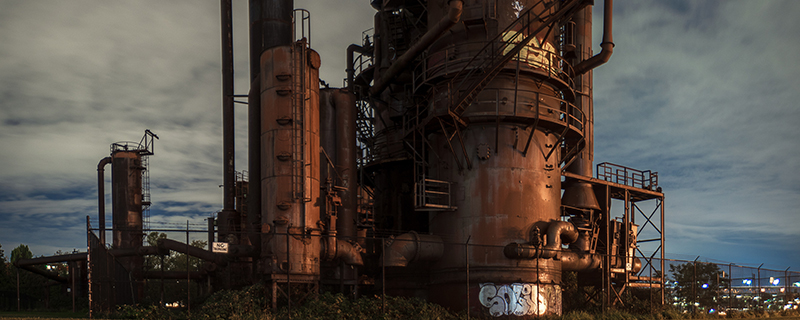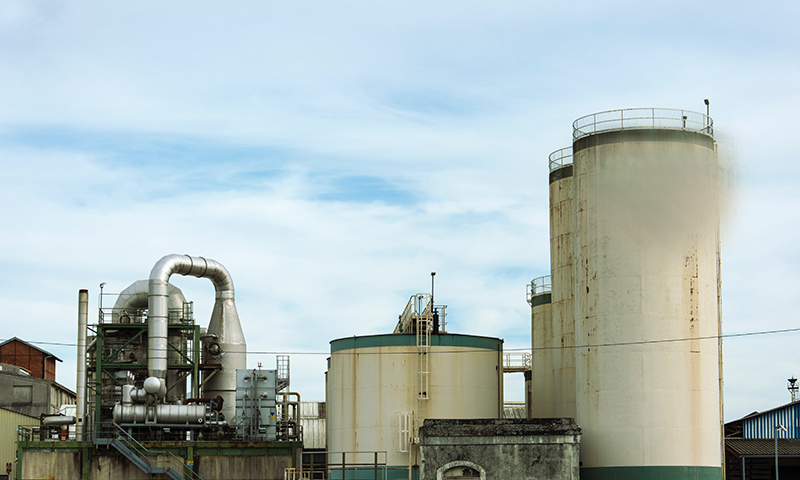Plant explosions have great consequences, both for communities and workers. Texas is home to several plants and refineries that hold the potential to inflict property damage or serious injuries if chemicals aren’t handled diligently and safely.
A great example of this is the Chernobyl meltdown, the most infamous industrial accident in history, is still being studied 30 years after the accident. This was a nuclear power plant that was running under close supervision when one person made a mistake and caused an explosion that killed and injured thousands of people.
While not every plant explosion has nuclear implications, all plant explosions have serious health risks to workers.
Chemical Plant Explosions

Many things cancause a chemical plant explosion; however, human error is accountable for most explosions. Human error also counts for the most explosions that happen immediately, but it is also a big factor when it comes to long-term explosion causation.
Explosions happen because of multiple events; for instance, when inadequate training, low safety standards, and poor maintenance are mingled together, disasters can happen.
Chemical plant operators are obligated to ensure the safety policies in place meet Occupational Safety and Health Administration, or OSHA, standards and that every employee is adequately trained in all safety procedures. However, there are OSHA reports that show that chemical plant operators can fail to follow this protocol.
In March 2019, a Texas chemical plant had an explosion that burned for three days. It is said that the company responsible for the chemical plant explosion could be facing charges for violating its federal operating permit under the Clean Air Act for unlawful use of chemicals. This is just one example of what could happen if a chemical plant were to explode.
Fertilizer Plant Explosion
The Arkema chemical plant in Crosby, Texas is a great example of a fertilizer plant explosion. The reason that this explosion happened was because of Hurricane Harvey, which caused flooding in the plant that killed the electricity supply, back up generator, and, therefore, critical refrigeration.
Most of the products made in this plant, namely organic peroxides, are extremely flammable and burn if they aren’t stored at low temperatures – this is why, without cooling technology, the chemical reaction blast happened.
Because of this explosion, cops, and EMTs who were on site after the impact are still feeling the effects of the blast. They are experiencing headaches that won’t go away, fluid in their lungs, and decreased respiratory capacity.
All of this could have been avoided had the company agreed to make lists of their stored chemicals, informed emergency responders about the inherent risks of anything processed or stored on site, and to develop emergency plans.
Gas Plant Explosion
A gas explosion happens when there is a gas leak combined with an ignition source. There are a variety of explosive gases, including butane, propane, natural gas, and methane – all of these gases are used for heating purposes. This is similarto what happens during a pipeline explosion.
Over the years, thousands of people have been injured or killed in gas explosions. If you or someone you know sustained an injury from a gas explosion, there are legal ramifications that you can go through to get the compensation that you deserve.
These types of lawsuits are complex, but if you find the right lawyer who understands the gas and propane industry, you’ll be all set.
Refinery Explosion
Refinery explosions are among the most devastating accidents that occur. This is because of the chemicals involved in refining; they often have a very volatile nature – combined with complex processes prone to human error – mistakes can lead to tragic accidents.
The most famous refinery explosion in recent history, the Texas City Refinery Explosion in 2005, resulted in 15 deaths and over 170 injuries. The Texas City Refinery Explosion occurred because of a hydrocarbon vapor cloud was ignited and violently exploded, this all took place in a distillation tower that became over pressurized.
This could’ve been prevented had workers been more diligent in keeping the pressure in the distillation tower stable; it was a human error that caused serious damage. This is why regulations are in place, to prevent refinery explosions from happening because of common human error.
Oil Rig Explosion
Drilling for oil is dangerous; workers are exerting astronomical pressure on the earth’s foundation, using a ton of pressure and power to drill and extract the planet’s natural resources deep within the ground. It doesn’t matter if it’s happening on the Gulf or in the oilfields of West Texas, oil rig workers are among the most skilled and most at-risk workers in the nation.
Rig workers and oil companies take extreme precautions during all parts of the drilling process to avoid disaster. One mistake or one missed safety procedure can lead to a catastrophic blowout. Unfortunately, some oil rig companies decide to cut corners to save money and time. In doing so, they are putting the lives of their workers at risk.
Fires and explosions happen that happen on oil rigs are some of the most devasting types of offshore accidents to happen. The injuries workers sustain from oil rig explosions result in long-term consequences for their families and themselves.
Final Thoughts
There are many types of plant explosions (i.e., power plant explosion or refinery explosion) and all of them have the power of causing injury and death to workers and community members. No matter what type of explosion you’re dealing with, it’s in your best interests to talk to a lawyer who specializes in plant explosions to figure out the best course of action for you.
You could start by talking with a lawyer about your problem, for instance, if you were injured in an explosion or suffered long-term health impacts due to chemical exposure caused by an explosion, to find out if you have a case. Then they can help you figure out your next plan of action and get you the settlement that you deserve.
